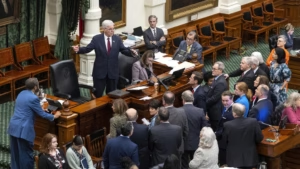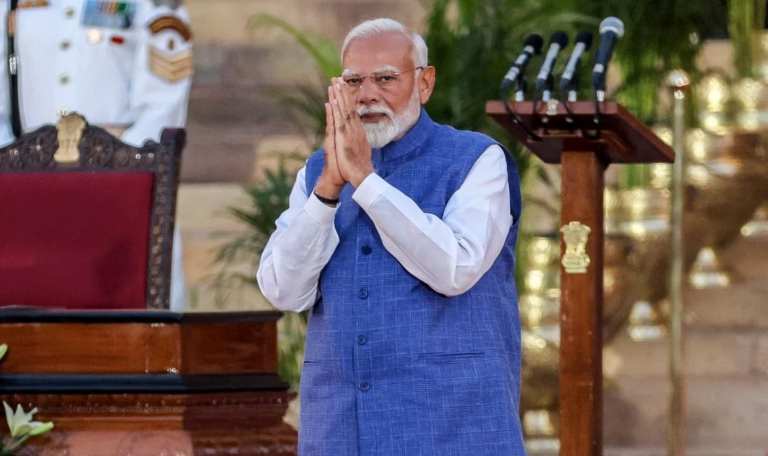The trilateral meeting in Tokyo signifies a milestone for Japan, which shares historical and territorial disputes with China and South Korea.
Japanese Foreign Minister Takeshi Iwaya, alongside his counterparts Wang Yi from China and Cho Tae-yul from South Korea, have vowed to address multigenerational issues to garner wider support for collaboration, as announced at a joint press briefing in Tokyo on Saturday.
This meeting marks the first gathering of these foreign ministers since 2023, occurring at a time when US President Donald Trump’s actions are reevaluating long-standing alliances, possibly paving the way for China to establish deeper ties with nations traditionally aligned with Washington.
“The international situation has become increasingly dire, and it’s fair to say we’re at a critical juncture in history,” Iwaya stated at the meeting’s onset.
“In this context, engaging in dialogue and cooperation to overcome division and confrontation is more imperative than ever,” he added.
The trilateral meeting is a significant achievement for Japan, given its historical and territorial disputes with both China and South Korea. The previous trilateral meeting was held in South Korea last year.
China’s Wang Yi remarked that since 2025 marks the 80th anniversary of World War II, “a sincere reflection on history is essential for better future-building.”
He emphasized China’s support for strengthening cooperation to “jointly confront risks” and foster “mutual understanding” among the populations of the three nations.
“Our three nations combined have a population nearing 1.6 billion and an economic output surpassing $24 trillion. With such vast markets and potential, our influence can be substantial,” Wang said.
China, he further noted, is keen on resuming free trade negotiations with its neighbors and expanding the membership of the 15-nation Regional Comprehensive Economic Partnership.

Reporting from Tokyo, Al Jazeera’s Fadi Salameh noted that the meetings aim to “foster confidence among these three countries.”
“However, there remain numerous differences and issues dividing the three nations,” Salameh said.
“Minister Wang Yi, highlighting historical issues that have caused divisions, particularly targeting Japan, emphasized the importance of honesty in addressing these matters,” Salameh explained, referring to Yi’s comments on World War II and Japan’s history of aggression.
Beijing is at odds with Tokyo and Seoul on several key fronts, including its stance on North Korea, the intensifying military activities around Taiwan, and its support for Russia in the war with Ukraine.
US allies Japan and South Korea, each hosting thousands of American soldiers, share Washington’s concern that China, the world’s second-largest economy, presents a growing threat to regional security.
Cho highlighted that he urged China during the meeting to press North Korea to abandon its nuclear ambitions.
He also stressed the need for China to halt any illicit military cooperation with Russia and North Korea and to ensure that North Korea’s wrongdoings do not go unreprimanded, especially in the context of ending the war in Ukraine.
Iwaya is set to meet separately with his Chinese and South Korean counterparts, including a high-level economic dialogue with Beijing, the first in six years.
This meeting will address a ban imposed by China on Japanese seafood imports following the 2023 release of wastewater from the Fukushima nuclear plant, as Iwaya announced earlier this week.








